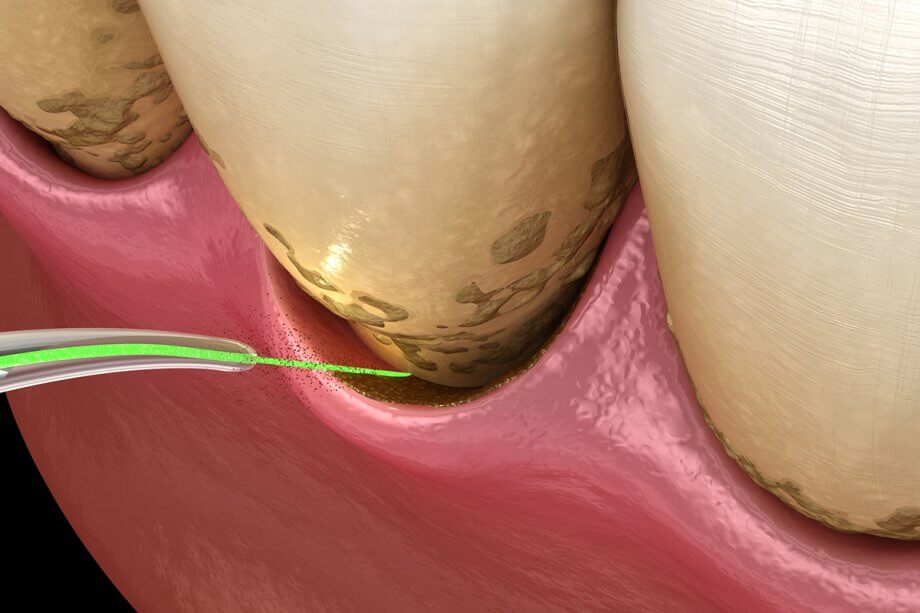As parents, we pay close attention to our children's milestones, from their first smile to their first steps. We notice every detail of their growth and development. Sometimes, we might observe challenges that seem small but can have a significant impact on their daily lives, such as difficulties with feeding or speaking. These issues can occasionally be linked to a tiny piece of tissue in the mouth called a frenum. When a frenum is too short or tight, it can restrict movement and may require a simple procedure called a frenectomy.
Understanding what a frenum is and how it can affect your child is the first step toward finding a solution. At Tender Smiles 4 Kids, we believe in empowering parents with clear, reliable information. Our team, which includes experienced pediatric dentists, is here to guide you. This article will walk you through the signs that your child might have a restrictive frenum, explain what a frenectomy involves, and help you know when it's time to talk to a professional.
We'll cover the key indicators in infants and older children, the different types of frenectomies, and how modern dental technology makes the procedure safer and more comfortable than ever.
What is a Frenum and Why Does it Matter?
Before we dive into the signs of a potential issue, it’s helpful to understand what a frenum is. A frenum (or frenulum) is a small fold of soft tissue that connects a mobile part of the body to a more fixed part, limiting its range of motion. In the mouth, we have several frenums, but two are most commonly associated with developmental challenges:
- Lingual Frenum: This is the band of tissue that connects the underside of the tongue to the floor of the mouth. You can see it if you lift your tongue toward the roof of your mouth.
- Labial Frenum: This tissue connects the inside of the upper lip to the gum tissue just above the two front teeth. A similar frenum connects the lower lip to the lower gum line.
These frenums are a normal part of anatomy. However, when they are unusually short, thick, or tight, they can cause a condition known as a "tongue-tie" (ankyloglossia) or a "lip-tie." These restrictions can interfere with essential functions like breastfeeding, eating solid foods, speaking, and even oral hygiene.
Signs of a Tongue-Tie or Lip-Tie in Infants
For newborns and infants, feeding is the primary function affected by a restrictive frenum. A proper latch is crucial for effective breastfeeding, and a tongue-tie or lip-tie can make this simple act incredibly difficult for both mother and baby.
Here are some common signs parents and lactation consultants notice in infants:
Difficulties for the Baby:
- Poor Latch: The baby may have trouble latching deeply onto the breast, often slipping off or making a clicking sound while nursing.
- Shallow Latch: Instead of taking a wide mouthful of breast tissue, the baby may only latch onto the nipple.
- Frequent Feedings with Poor Weight Gain: The baby may seem to be constantly hungry, feeding for long periods but not gaining weight appropriately because they can't transfer milk efficiently.
- Fussiness and Colic-like Symptoms: Swallowing excess air due to a poor seal can lead to gas, reflux, and general irritability.
- Fatigue During Feedings: The baby may fall asleep at the breast quickly out of exhaustion from working so hard to get milk.
Difficulties for the Mother:
- Nipple Pain and Damage: A shallow latch can cause significant pain, cracking, or bleeding for the nursing mother.
- Low Milk Supply: The baby's inefficient milk removal can signal the body to produce less milk over time.
- Blocked Ducts or Mastitis: Incomplete draining of the breast can lead to these painful conditions.
If you are experiencing these issues, it’s important to work with a lactation consultant who can assess the latch and help identify a potential tie.
Signs in Toddlers and Older Children
As a child grows, the effects of an untreated tongue-tie or lip-tie can shift from feeding issues to other developmental challenges. The restrictions that once made nursing difficult can now impact speech, eating solid foods, and oral health.
Speech and Eating Difficulties:
- Articulation Problems: The tongue needs a wide range of motion to form certain sounds correctly. A tongue-tie can make it hard to pronounce sounds that require lifting the tongue, such as "t," "d," "z," "s," "th," "r," and "l." A speech-language pathologist can help determine if a tongue-tie is contributing to speech delays.
- Picky Eating: Some children with a tongue-tie have trouble moving food around their mouth to chew it properly. This can lead to gagging, choking, or a preference for soft foods that are easier to manage.
- Slow Eating: A child may take an unusually long time to finish meals because of the extra effort required to chew and swallow.
Oral Health and Other Concerns:
- Gap Between Front Teeth (Diastema): A prominent maxillary (upper) labial frenum can pull on the gum tissue and create a significant gap between the two front teeth. While a gap is normal in young children, a tight frenum can prevent it from closing naturally.
- Gum Recession: The constant pulling from a tight labial frenum can cause the gum tissue to recede from the teeth over time.
- Difficulty with Oral Hygiene: A tight lip-tie can make it difficult to brush the front teeth effectively, increasing the risk of cavities. A tongue-tie can prevent the tongue from its natural function of sweeping food debris off the teeth after eating.
If you notice any of these signs, discussing them with your pediatric dentist is a crucial next step.
What is a Frenectomy? A Simple and Effective Solution
When a frenum is identified as the cause of these issues, a pediatric dentist may recommend a frenectomy. A frenectomy is a minor surgical procedure to release or remove the restrictive frenum, allowing for a greater range of motion. For many families, this simple procedure offers a permanent solution to problems that have caused significant stress and difficulty.
Here at Tender Smiles 4 Kids, we specialize in laser frenectomies, which represent a major advancement over traditional surgical methods. Using a specialized dental laser, we can release the frenum with incredible precision. This modern approach offers several key benefits for our young patients:
- Minimal Discomfort: The laser seals nerve endings as it works, resulting in very little pain during and after the procedure. Often, only a topical anesthetic is needed.
- Reduced Bleeding: The laser cauterizes the tissue as it releases it, leading to minimal to no bleeding. This makes the procedure quicker and cleaner.
- Faster Healing: With less trauma to the surrounding tissue, healing is typically rapid. Stitches are not required.
- Lower Risk of Infection: The laser sterilizes the area as it works, reducing the risk of post-procedure infection.
The entire procedure usually takes only a few minutes. For infants, the improvement in feeding can sometimes be immediate. For older children with speech or eating issues, the frenectomy is often the first step in a team approach involving a speech or feeding therapist who can help them learn how to use their newfound mobility.
When to Seek a Professional Opinion
Observing signs of a potential tongue-tie or lip-tie in your child can be worrying, but it’s important to remember that a clear path to a solution exists. Whether your infant is struggling with breastfeeding or your toddler is having trouble with speech, the first step is to consult with professionals who can provide an accurate diagnosis.
A collaborative approach is often best. A lactation consultant, speech-language pathologist, and pediatric dentist can work together to determine if a restrictive frenum is the root cause of the challenges your child is facing. A pediatric dentist with experience in this area can perform a thorough examination and advise if a frenectomy is the right course of action.
We understand that the thought of any procedure for your child can be stressful. Our team at Tender Smiles 4 Kids is dedicated to creating a comfortable, safe, and positive experience for you and your little one. We are here to answer all your questions and provide the gentle, expert care your family deserves.
Frequently Asked Questions
Will my child need therapy after a frenectomy?
It depends on the child's age and the issues being addressed. For infants, follow-up with a lactation consultant is often recommended to help them re-learn how to latch and nurse effectively. For older children with speech or feeding issues, a frenectomy is the first step. They will likely need continued therapy with a speech-language pathologist or feeding therapist to train the tongue and lips to function correctly with their new range of motion.
How long is the recovery after a laser frenectomy?
Recovery is typically very quick. You will be given simple stretching exercises to perform at home for a few weeks to prevent the frenum from reattaching. Most children can resume normal activities and eating right away. Some mild discomfort, similar to biting your cheek, may be present for a day or two but is easily managed.
At Tender Smiles 4 Kids, our board-certified pediatric dentists and experienced team are committed to providing exceptional dental care in a warm and welcoming environment. We offer a full range of services, from routine check-ups to specialized procedures like laser frenectomies, all tailored to meet the unique needs of children from infancy through adolescence. If you have concerns about your child's oral health or development, please contact us to schedule an appointment. We look forward to welcoming you to our family.

